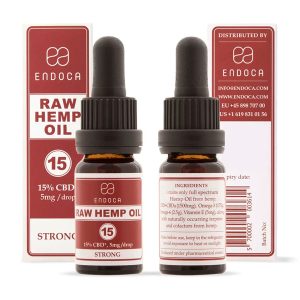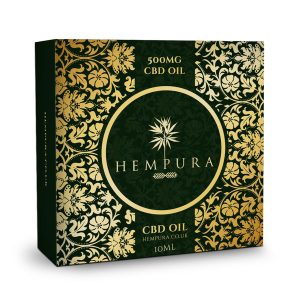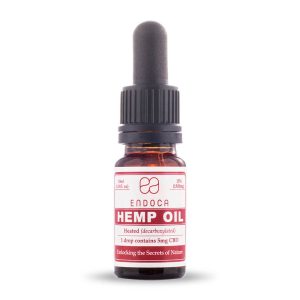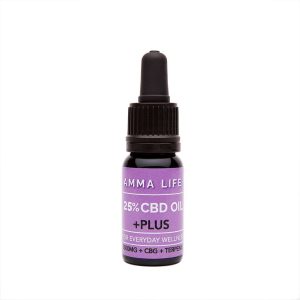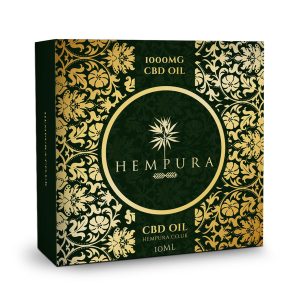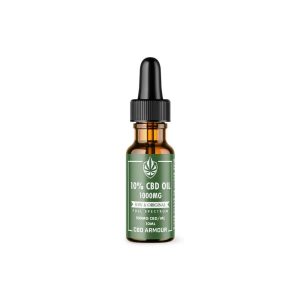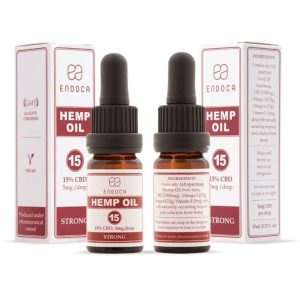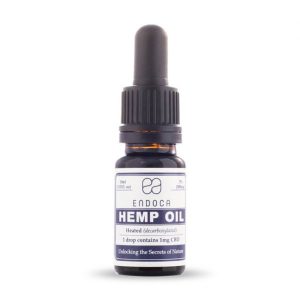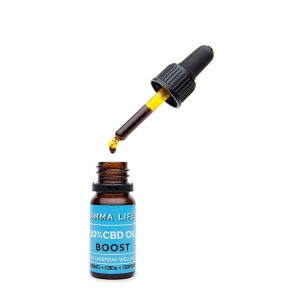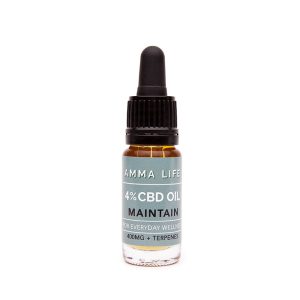CBD Oil
Our CBD mission
Our website, CBD Oil Biological, was created to provide accurate and reliable information about CBD oil and CBD. We understand that with the growing popularity of CBD, there is a lot of misinformation and confusion surrounding it. We wanted to create a resource where people can turn to learn more about this powerful natural compound and how it can be used to improve overall health and well-being. We were initially located at cbdoil.bio, however, that domain became very expensive, hence our move to cbdoilbio.com.
We are passionate about CBD and its potential to help people live healthier, happier lives. We believe in the power of nature and the natural remedies it provides, and we believe that CBD is one of the most promising natural compounds out there. We are committed to bringing you the latest research and information about CBD and providing a trusted source of information for those interested in incorporating CBD into their health and wellness routine.
Our people are dedicated to providing high-quality content that is easy to understand and informative. We strive to be a go-to resource for all things CBD, and we hope our website will help educate and empower people to make informed decisions about their health and well-being.
What is CBD oil?
CBD, or cannabidiol, is a chemical compound in the Cannabis sativa plant. It is one of over 100 cannabinoids found in the plant. Still, unlike its more well-known cousin, THC (tetrahydrocannabinol), it does not produce psychoactive effects. This means that it does not cause the “high” or feelings of euphoria that are associated with THC.
Instead, CBD is believed to have several potential health benefits, including reducing anxiety and inflammation and potentially even reducing the frequency and severity of seizures in specific individuals. It is available in various forms, including oils, capsules, and creams, and is generally considered safe for use.
Cannabinoid receptors & why CBD is important
Cannabinoid receptors are proteins found on the surface of cells in the body and are a part of the endocannabinoid system, which is involved in various physiological processes, including pain, memory, mood, and appetite. There are two main types of cannabinoid receptors: CB1 and CB2. CB1 receptors are primarily found in the central nervous system, while CB2 receptors are in the immune system.
Activation of cannabinoid receptors can lead to the production of signalling molecules called endocannabinoids, which can have a variety of effects on the body. For example, activation of CB1 receptors in the brain can produce a feeling of euphoria or relaxation. In contrast, activation of CB2 receptors in the immune system can reduce inflammation.
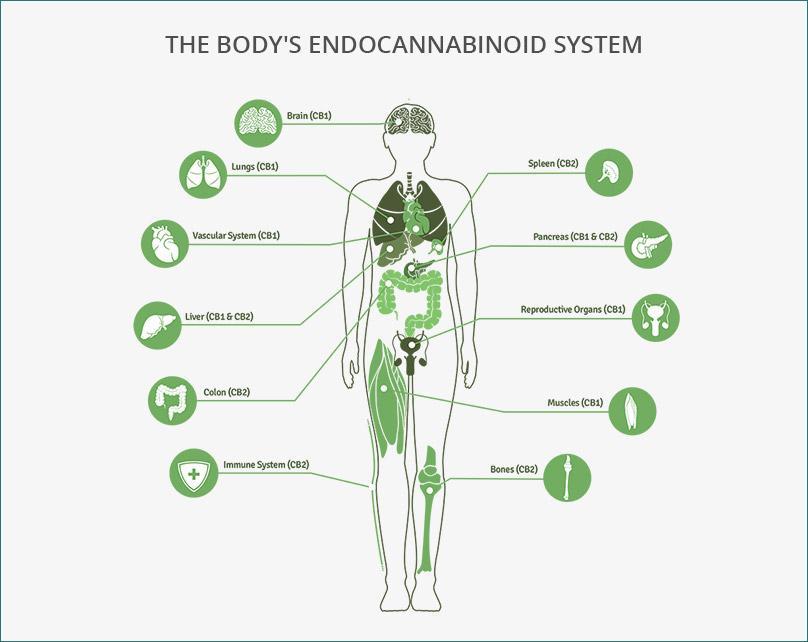
Frequently asked CBD questions
Is CBD legal?
In the UK, CBD is legal, but should not make any medical claims. CBD is legal in the EU as long as it is derived from an EU-approved hemp strain and contains less than 0.2% THC.
In the USA, the legality of CBD varies by state. Some states have legalised CBD for medical and recreational use, while others only allow it for medical use. It is important to check the specific laws in your state before buying or using CBD products.
How does CBD work?
CBD, or cannabidiol, is a compound in cannabis and hemp plants. It is thought to interact with the body’s endocannabinoid system, which regulates various functions, including sleep, appetite, and the immune system.
CBD is believed to have the potential to affect these functions by interacting with receptors in the endocannabinoid system. It is also thought to impact the brain’s production of serotonin, a neurotransmitter involved in mood regulation.
While research on the specific mechanisms of CBD is ongoing, it is generally believed to work by interacting with the body’s endocannabinoid system in a way that helps to promote balance and homeostasis.
Will CBD make me high?
No, CBD will not make you feel high. CBD is a non-intoxicating compound found in cannabis and hemp plants and does not produce the psychoactive effects of THC. While THC is the compound responsible for the “high” associated with marijuana use, CBD does not produce any psychoactive effects and is generally considered non-addictive.
Some people use CBD for its potential health benefits, such as helping to reduce anxiety and improve sleep, but it is not intended to produce a feeling of being “high.” If you are suffering from these things, please consult a doctor first.
Are CBD and THC the same?
No, CBD and THC are not the same. They are both compounds found in cannabis plants but have different effects on the body. THC, or tetrahydrocannabinol, is the psychoactive compound found in marijuana responsible for the “high” associated with marijuana use. It works by interacting with the body’s endocannabinoid system and activating specific receptors, which can produce various effects, including altered mood and perception.
On the other hand, CBD is a non-intoxicating compound that does not produce the psychoactive effects of THC. It is believed to have potential health benefits, such as helping to reduce anxiety and improve sleep, but it does not produce a feeling of being “high.”
While both CBD and THC are found in cannabis plants, they are in different concentrations and can have different effects on the body. It is important to note that the legal status of CBD and THC varies by location, and it is important to familiarize yourself with the specific laws in your area.

